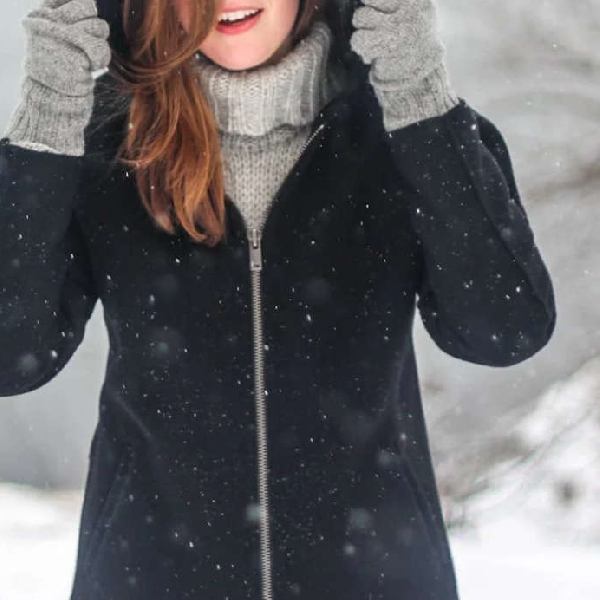
That's according to the Health Protection Surveillance Centre(HPSC)
Top tips to cope with freezing weather during cold snap according to theHealth Protection Surveillance Centre (HPSC)
* Severe cold weather is a health hazard and increases the risk of vulnerable people being exposed to hypothermia and viruses.
* Freezing temperatures heighten the risk of carbon monoxide poisoning and physical injuries from trips and falls, .
* A person's ability to feel a change in temperature decreases as they age, so placing an easy-to- read thermometer in frequently used rooms helps to detect if temperatures dip below 18C. The HPSC advises not letting indoor temperatures falling any lower. Heating bedrooms before going to bed is also advised.
* Anyone who depends on medical equipment is urged to register as a vulnerable customer with their electricity supplier to let them know
continuity of energy supply is critically important for home dialysismachines, ventilators, oxygen concentrators or other equipment. This can be
done online, over the phone or by post.
* Icy conditions increase the risk of trips and falls. Stocking up on non-perishable foods, as could availing of a meals-on-wheels service or
supermarket home deliveries.
* Keeping a home warm is costly, so older and vulnerable people are advised to check if they are entitled to fuel allowance or household
benefits.
* Trying to keep the heat in and the cold out means many will be reluctant to open doors and windows, but it is important to ventilate rooms
and reduce the risk of carbon monoxide poisoning. Ventilation also helps to limit the spread of viruses. Using clean heating sources is best to support air quality.



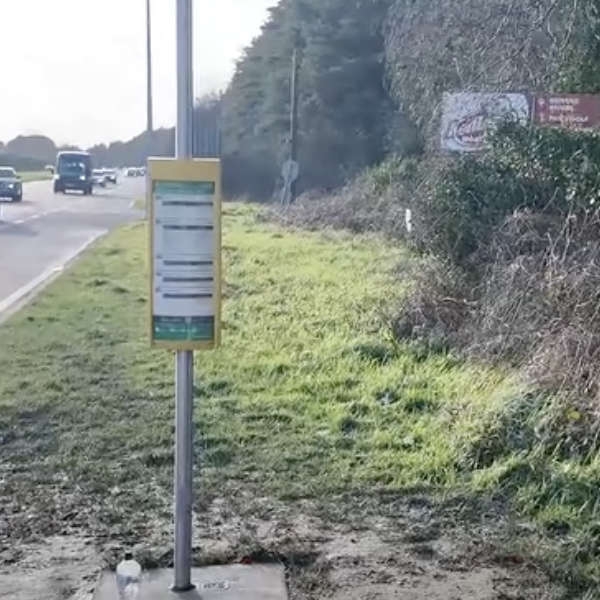 Consultation To Begin On "Dangerous" Tougher’s Bus Stop Safety Upgrade - But Funding Yet To Be Secured
Consultation To Begin On "Dangerous" Tougher’s Bus Stop Safety Upgrade - But Funding Yet To Be Secured
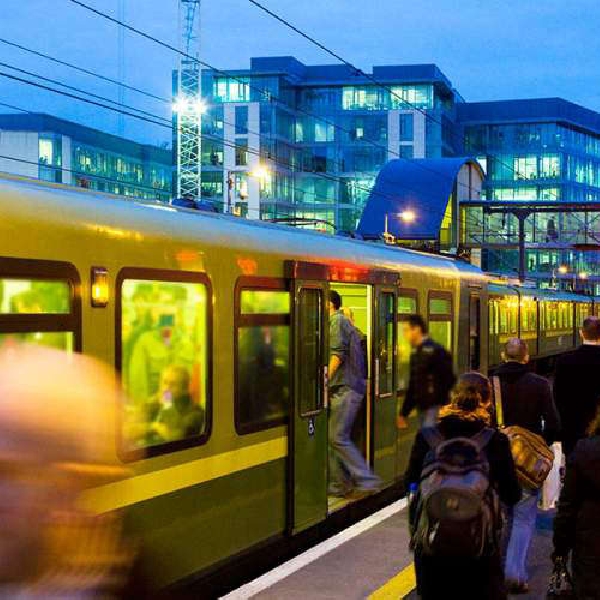 Maynooth Rail Services Disrupted Due To "Vandalism" Incident
Maynooth Rail Services Disrupted Due To "Vandalism" Incident
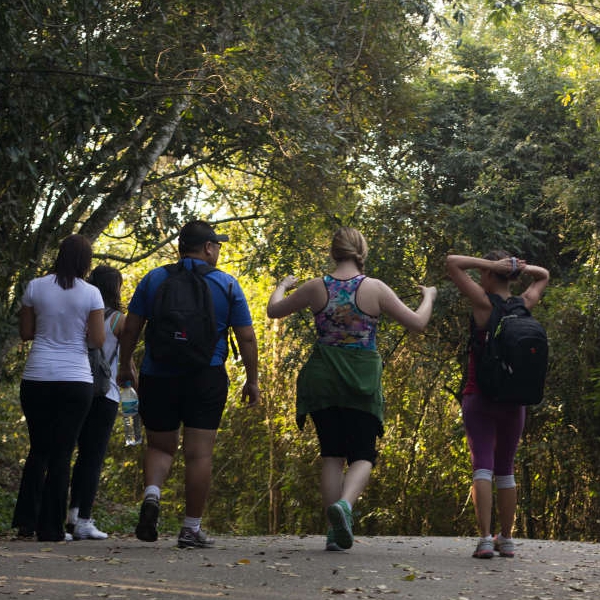 Kildare Towns Lag On Quality Of Life Index As Housing Costs Bite - Celbridge Stands Out As Safest Town
Kildare Towns Lag On Quality Of Life Index As Housing Costs Bite - Celbridge Stands Out As Safest Town
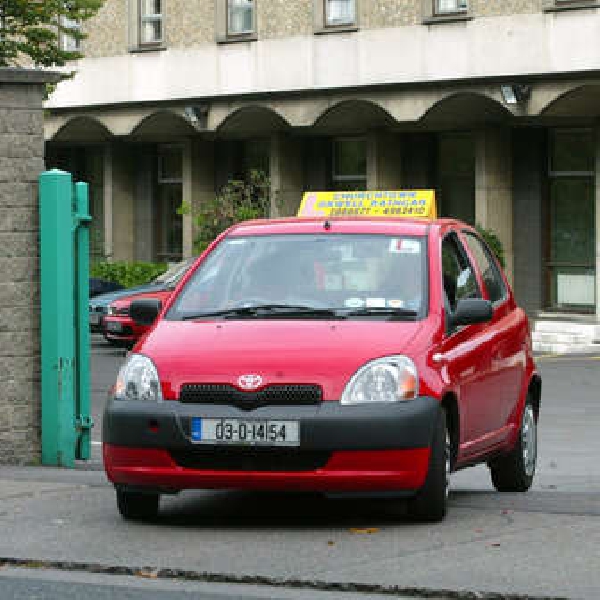 Planned Strike By Driving Testers Called Off
Planned Strike By Driving Testers Called Off
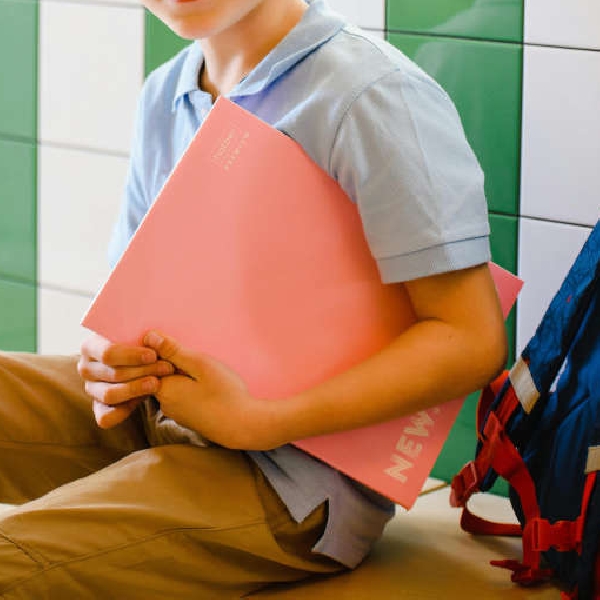 Extra St Corban’s Junior Infants Class To Relieve Stress For Naas Families Stuggling To Secure A School Place
Extra St Corban’s Junior Infants Class To Relieve Stress For Naas Families Stuggling To Secure A School Place
 Here’s Where Kildare’s €20 Million Roads Funding Is Going - Including Funds For Newbridge Second Bridge
Here’s Where Kildare’s €20 Million Roads Funding Is Going - Including Funds For Newbridge Second Bridge
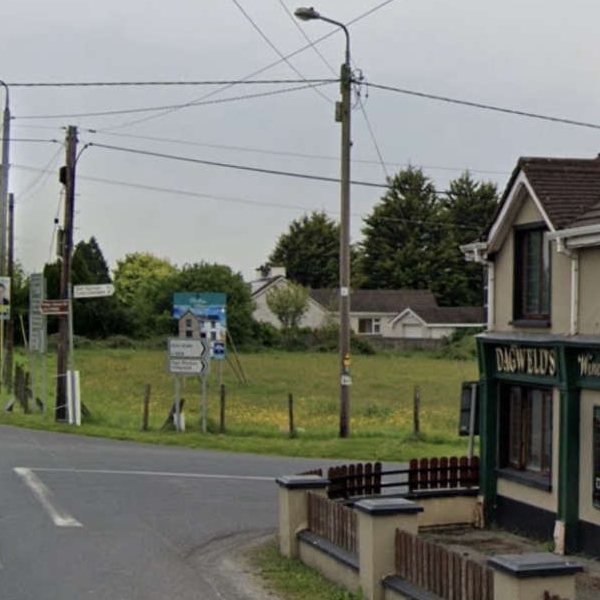 €20m For Kildare Roads - Safety Works Included Across 17 Sites, Including Dag Welds Cross
€20m For Kildare Roads - Safety Works Included Across 17 Sites, Including Dag Welds Cross
 Department Of Education Pauses Review Into SNA Allocations
Department Of Education Pauses Review Into SNA Allocations


